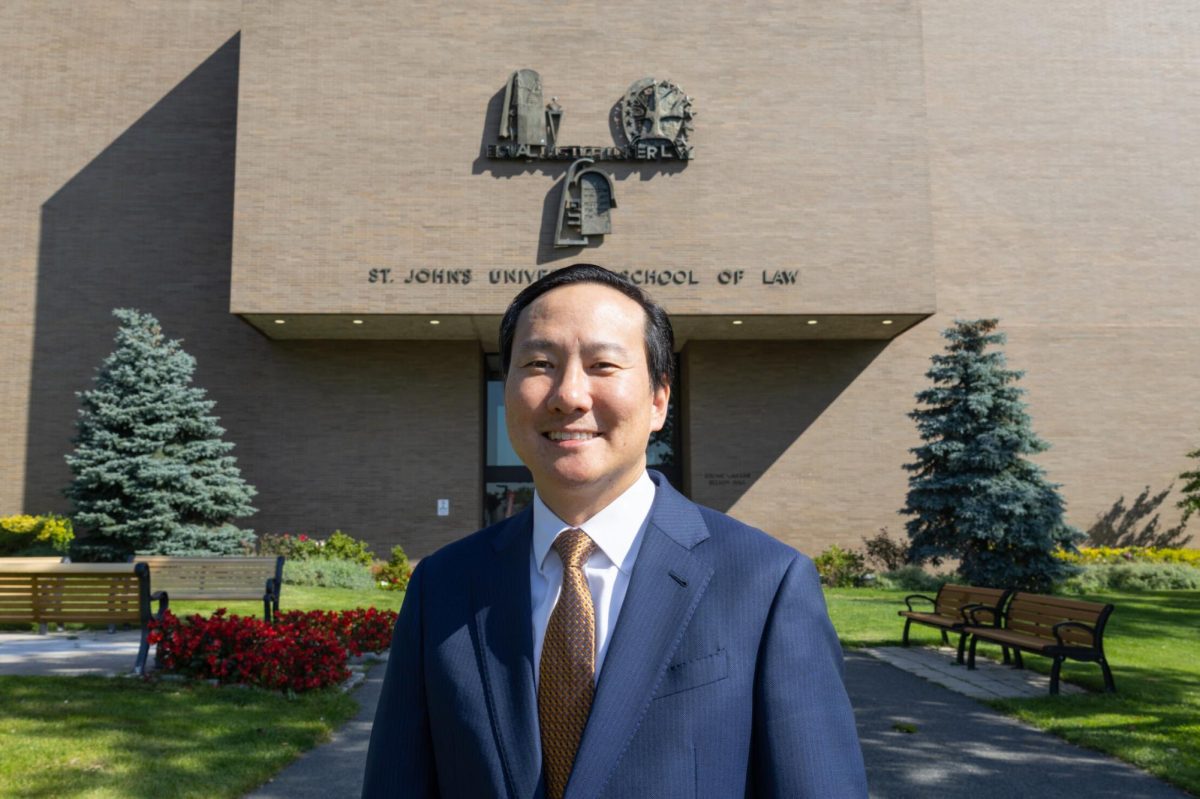Professor Phil Lee will publish his article “Critical Race Thinking in a Pro-Black Space: An Asian American Law Professor’s Reflections on Teaching at an HBCU” in Volume 68.1 of the Howard Law Journal. Here is the abstract:
With the recent Supreme Court decision invalidating long-standing race-conscious admissions policies in higher education, SFFA v. President and Fellows of Harvard College (2023), Historically Black Colleges and Universities (HBCUs) have become even more relevant in the educational landscape. As admission to Historically White Institutions become more elusive and as racial diversity at these places plumets, HBCUs are expected to admit even more people of color and continue their powerful tradition of educational access.
I taught at an HBCU law school for ten years. In my experience, even though they face serious challenges, these institutions continue to have much value. Relying on the Critical Race Theory methodology of counter-storytelling as a form of anti-racist resistance, this Article is my personal account of how teaching at an HBCU transformed my thinking about race and justice in America and the powerful contributions that these institutions continue to make for their students, the people who work at them, and for our society.
This Article titled Critical Race Thinking in a Pro-Black Space: An Asian American Law Professor’s Reflections on Teaching at an HBCU proceeds in four parts. Part I discusses my experiences applying for and working at an HBCU law school. I then describe the important lessons that I have learned during that time. Part II describes how I realized that race and law were socially constructed concepts. Part III details how I learned that what we understand as governing equal protection principles were socially constructed by mostly White male decisionmakers to the detriment of people of color. Finally, Part IV explains how I came to know that racial identity was also socially constructed and could be re-constructed in more empowering ways.
By writing this Article, I aim to highlight the ways in which HBCU law schools can continue to contribute to our understanding of race and the law in our society and help us embrace education as the practice of freedom.

